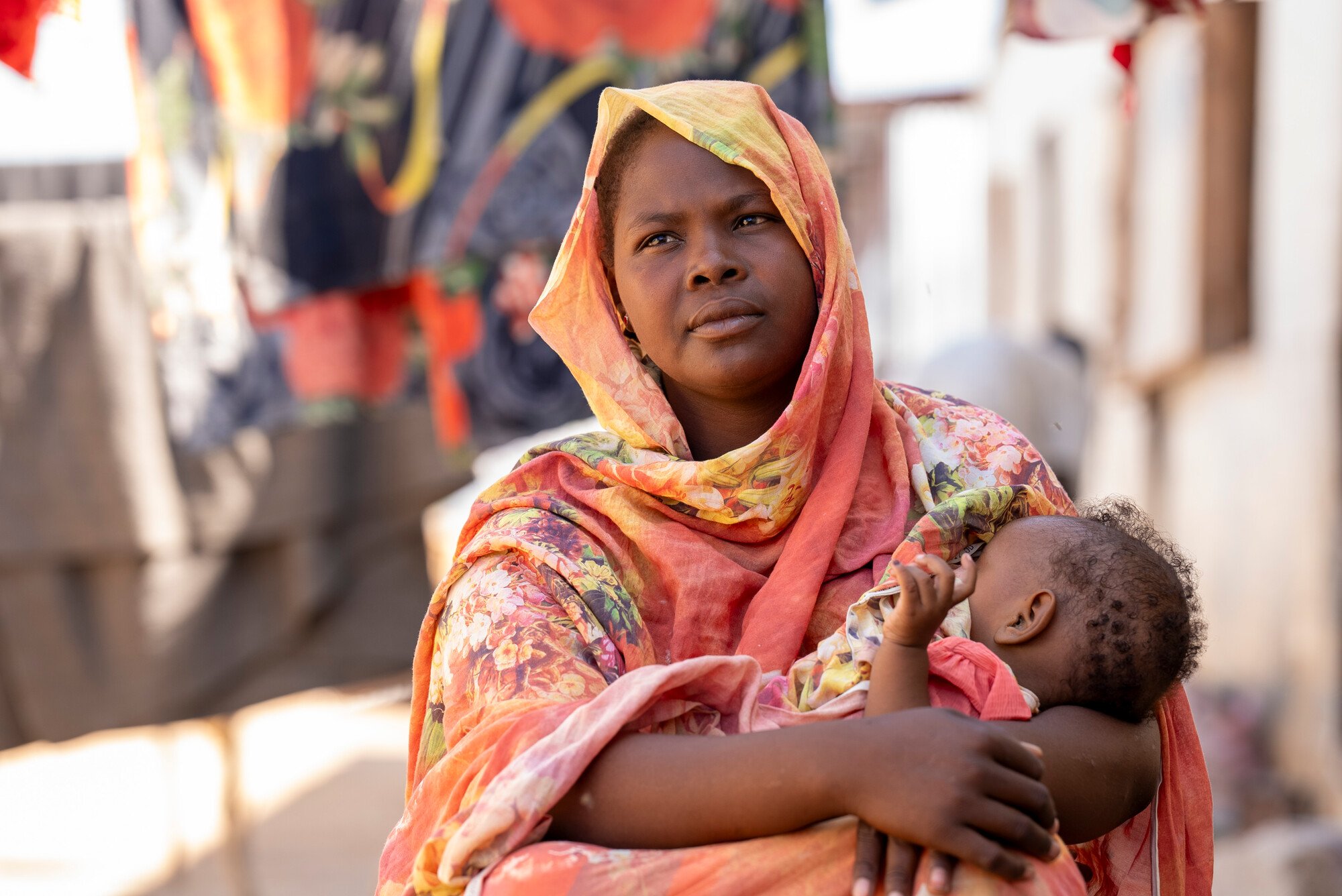Everyone needs COVID-19 relief, not just the privileged few.
This week, The Davos Agenda—the annual World Economic Forum meeting in Davos-Klosters, Switzerland—is bringing together the world’s top leaders from government, civil society, business, and academia to draw up solutions to stem the pandemic and drive recovery.
In advance of Davos, we’ve released our annual inequality report, The Inequality Virus, which shows how for the first time in recorded history, the coronavirus pandemic is leading to rising inequality in almost every country at once. Nearly two million people have died, and hundreds of millions of people are being forced into poverty while many of the wealthiest people and corporations are thriving.
10 ways the gaps among us are increasing:
- The 1,000 richest people have already recouped their COVID-19 losses. While they recovered within nine months, it could take more than a decade for the world’s poorest to recover from the economic impacts of the pandemic.
- The 10 richest men in the world have actually seen their combined wealth increase by half a trillion dollars since the pandemic began.
- The increase in the wealth of the world’s billionaires since the crisis began is more than enough to prevent anyone on Earth from falling into poverty because of the virus and to pay for a COVID-19 vaccine for all.
- Black women in the US have been disproportionately affected by the country’s economic downturn. Nearly one in six Black women workers lost their jobs between February and April 2020.
- In the US, jobs have returned to white workers more quickly than to Black workers. In fact, the US economy lost 140,000 jobs in December and nearly all of them were held by women of color.
- Nurses are our heroes in this crisis, but what they are paid does not reflect their value. In the US, it would take a nurse 228 years to earn what a CEO makes in just one year.
- Globally, women are overrepresented in service jobs, the sector hit hardest by the pandemic.
- In the US, women’s jobs are 1.8 times more vulnerable to loss than men’s jobs due to this crisis.
- While poverty rates in the US are increasing across all racial groups, Black, Indigenous, and people of color (BIPOC) face higher poverty rates. Black people are falling into poverty at nearly three times the rate as white people during this pandemic.
- Black and Latinx Americans are more likely to die from COVID-19 than white people. If fatality rates were equal across racial groups, 24,000 Black and Latinx people who died from the virus would still be alive today.

Oxfam calls for COVID-19 relief that works for everyone, not just the privileged few
Globally, we’re at a tipping point, and how governments respond will determine if we start to heal together or become further divided. We have a small window to transform our economic system from one that drives inequality, poverty, and injustice to one that is inclusive. Now is the time to demand real change and make real progress together.
In the US, President Biden must work with Congress to enact a transformational COVID-19 recovery plan that helps families cope with the economic impacts of the pandemic; gets people back to work; reins in corporate power; helps rebuild our economy from the bottom up; and begins to tackle the economic, gender, and racial inequalities that have been exacerbated by this crisis. And to make this recovery work, we must also look outside our borders, because we will not defeat this virus anywhere until we defeat it everywhere.
We are asking for:
- An economic stimulus package that prioritizes workers and families, not giant corporations
- Immediate funding for child care
- Emergency foreign aid to fight COVID-19 internationally
Now is the time to call on our elected officials to prioritize people’s health and livelihoods, and we need your voice in this fight. Together we must urge President Biden and Congress to take bigger, bolder action in 2021 so that everyone can thrive—not just survive.




